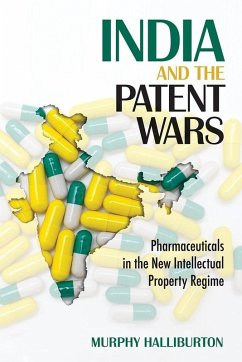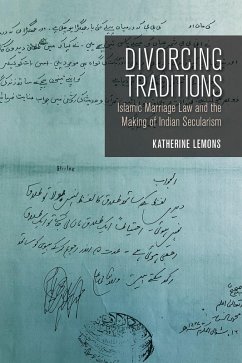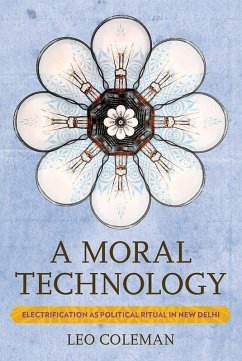India and the Patent Wars contributes to an international debate over the costs of medicine and restrictions on access under stringent patent laws showing how activists and drug companies in low-income countries seize agency and exert influence over these processes. Murphy Halliburton contributes to analyses of globalization within the fields of anthropology, sociology, law, and public health by drawing on interviews and ethnographic work with pharmaceutical producers in India and the United States.
India has been at the center of emerging controversies around patent rights related to pharmaceutical production and local medical knowledge. Halliburton shows that Big Pharma is not all-powerful, and that local activists and practitioners of ayurveda, India's largest indigenous medical system, have been able to undermine the aspirations of multinational companies and the WTO. Halliburton traces how key drug prices have gone down, not up, in low-income countries under the new patent regime through partnerships between US- and India-based companies, but warns us to be aware of access to essential medicines in low- and middle-income countries going forward.
Hinweis: Dieser Artikel kann nur an eine deutsche Lieferadresse ausgeliefert werden.
India has been at the center of emerging controversies around patent rights related to pharmaceutical production and local medical knowledge. Halliburton shows that Big Pharma is not all-powerful, and that local activists and practitioners of ayurveda, India's largest indigenous medical system, have been able to undermine the aspirations of multinational companies and the WTO. Halliburton traces how key drug prices have gone down, not up, in low-income countries under the new patent regime through partnerships between US- and India-based companies, but warns us to be aware of access to essential medicines in low- and middle-income countries going forward.
Dieser Download kann aus rechtlichen Gründen nur mit Rechnungsadresse in A, D ausgeliefert werden.
Hinweis: Dieser Artikel kann nur an eine deutsche Lieferadresse ausgeliefert werden.









